The Minority in Parliament says they have been vindicated following a nearly 10 per cent increase in fuel prices after the National Democratic Congress (NDC) government implemented a new GH¢1 tax on every litre of petrol and diesel.

Speaking on the floor of Parliament on Wednesday, July 16, the Minority’s spokesperson on the Economy, Kojo Oppong Nkrumah, criticised the Mahama-led administration for ignoring earlier warnings that the levy, passed under the pretext of debt recovery, would directly result in higher fuel costs and worsen the economic hardship Ghanaians already face.
“The first thing to note today is that the warnings that we gave from the Minority Caucus have today, unfortunately, seen the light of day. We warned that, contrary to the government’s claim that this levy, this D levy, will not increase fuel prices, it will increase fuel prices by 8% from day one,” he stated.
According to him, the government had insisted that the new levy would not impact pump prices.
“My brother John John Jinapor was talking about the fact that it only takes an innovative government, a smart government, to be able to introduce a levy, and prices will not go up. The cut is out of the bag. Today, it’s gone up by an average of about 8%. That’s the first point,” Mr Nkrumah said.
Mr Nkrumah added that the hike would not be a one-off, warning that any future increase in global crude oil prices would now compound the effect of the tax and drive local prices even higher.
“The fair thing is that this is the time when, because of the strengthening of our currency, Ghanaians should have been enjoying relief,” he said. “Instead, the government is rather introducing this levy, denying the people of Ghana this relief.”
He warned that the price hike would cascade through the economy, hitting agriculture, transport, and food prices, ultimately worsening inflation and pushing more Ghanaians into economic distress.
“When farmers are buying fuel for their tractors and their machines to work on their farms, it will affect it. It will then go on to affect transport of not just people, but food items,” he said. “General price levels will go up by this 8% that they have introduced.”
Responding to claims by the government that fuel prices remain below levels at the start of 2025, the Ofoase-Ayirebi legislator argued that the comparison is flawed and ignores the volatility of global oil markets.
“Who knows, in a few days, a few weeks’ time, you could have another challenge on the global market that will put the baseline price so high that your 13 or 12 [cedis per litre] won’t matter anymore,” he explained.
“That is why you’ve got to let the price levels reflect at a point where you have as minimal levies as possible, so that when disruptions come on the global market, your people are cushioned.”
He disclosed that the Minority will soon lay before Parliament a detailed analysis showing how a significant portion of levies on fuel have outlived their purpose, and urged the government to cut back on them.
“We are going to showcase to the country how many of those levies have even outlived their usefulness and ask the government to pull back, so that the people of Ghana can benefit from the interventions that we have collectively done to bring this economy to where it is,” he said.
Fuel prices are currently averaging GH¢13.49 per litre at major pumps across Accra, with some OMCs selling as high as GH¢13.69 for petrol and GH¢14.30 for diesel, according to the latest monitoring by COPEC.

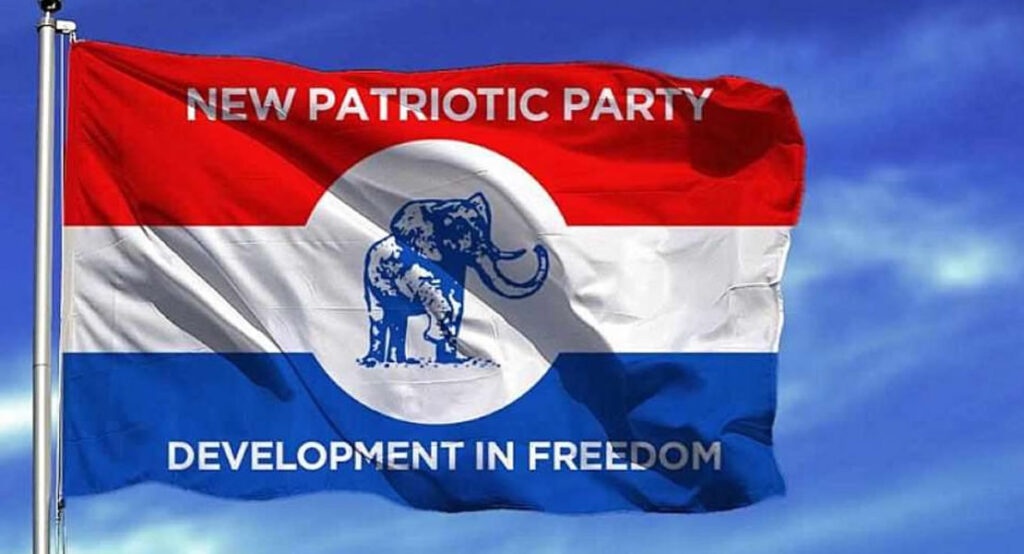
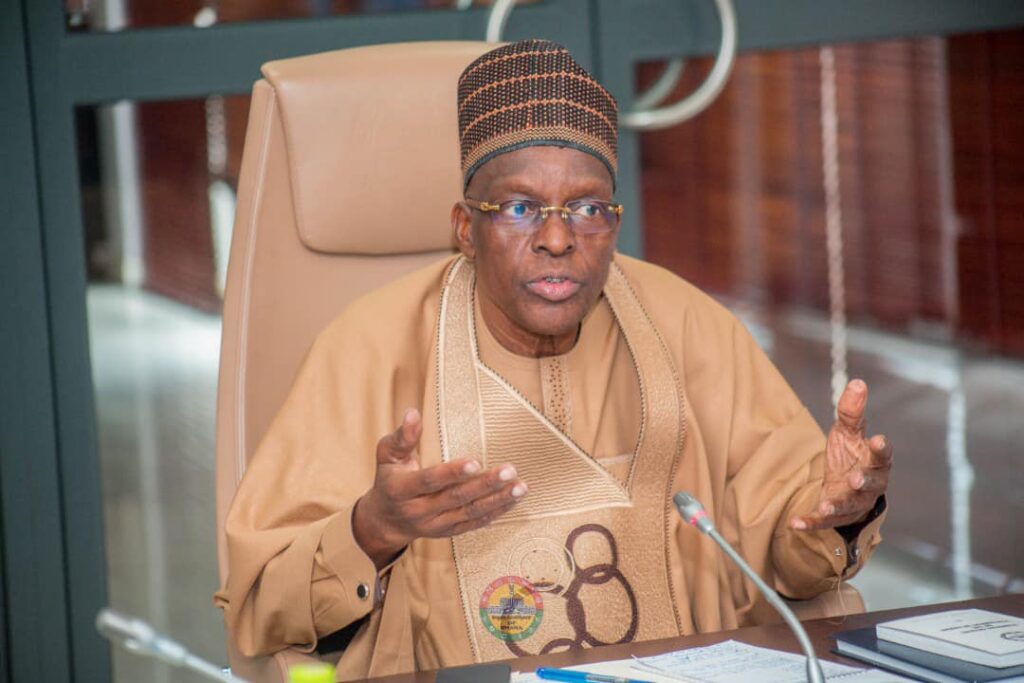
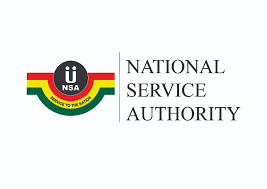
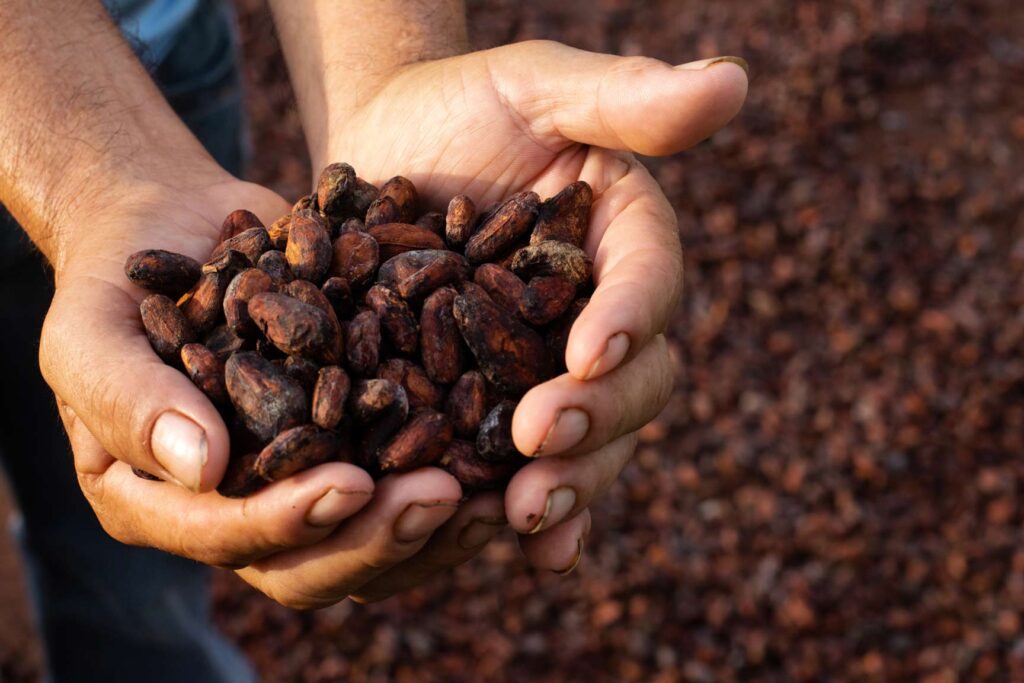
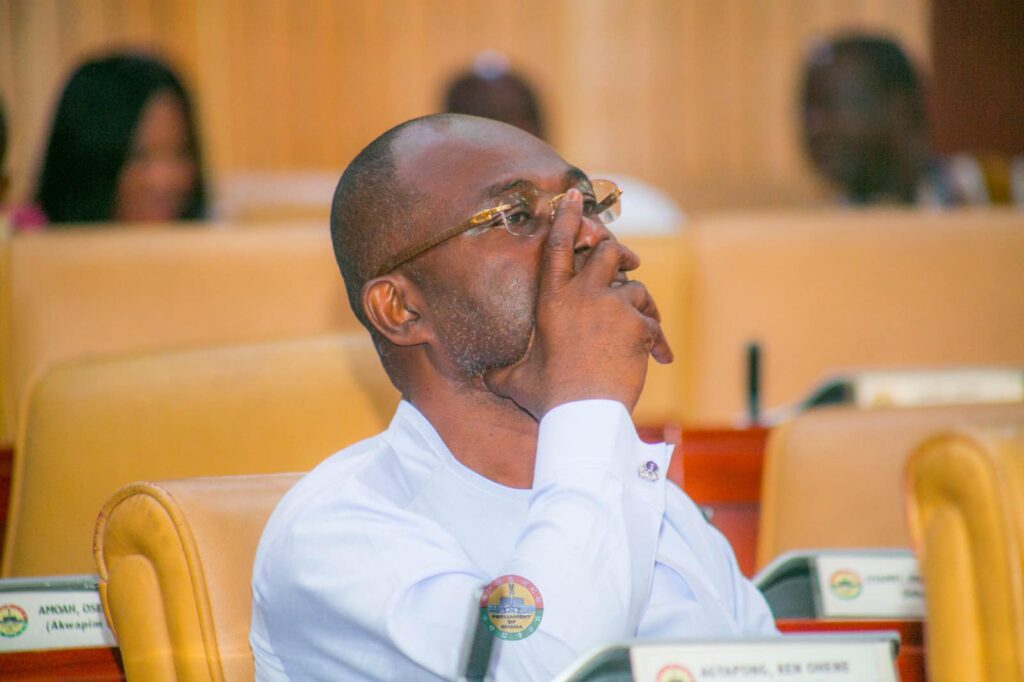
No comment yet, add your voice below!